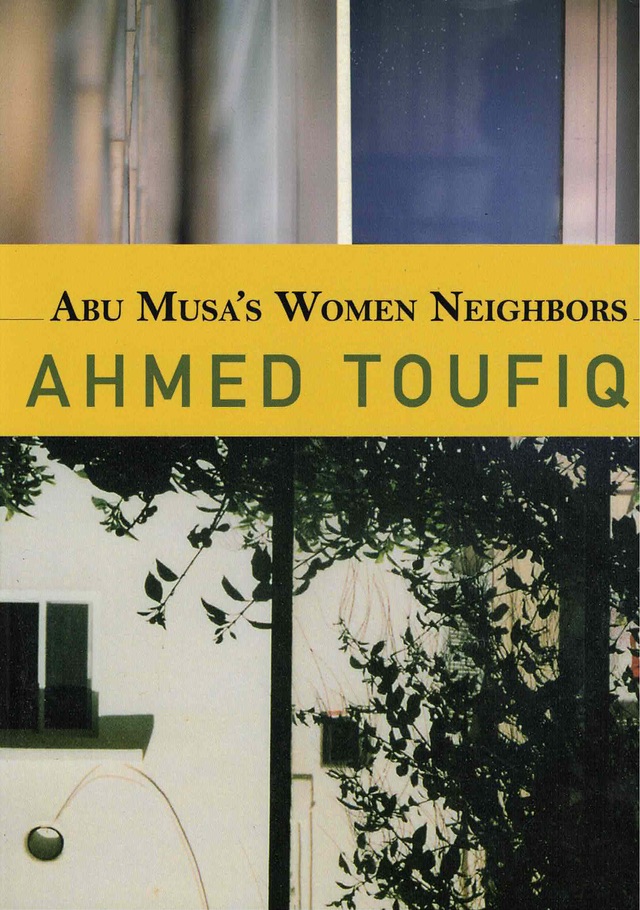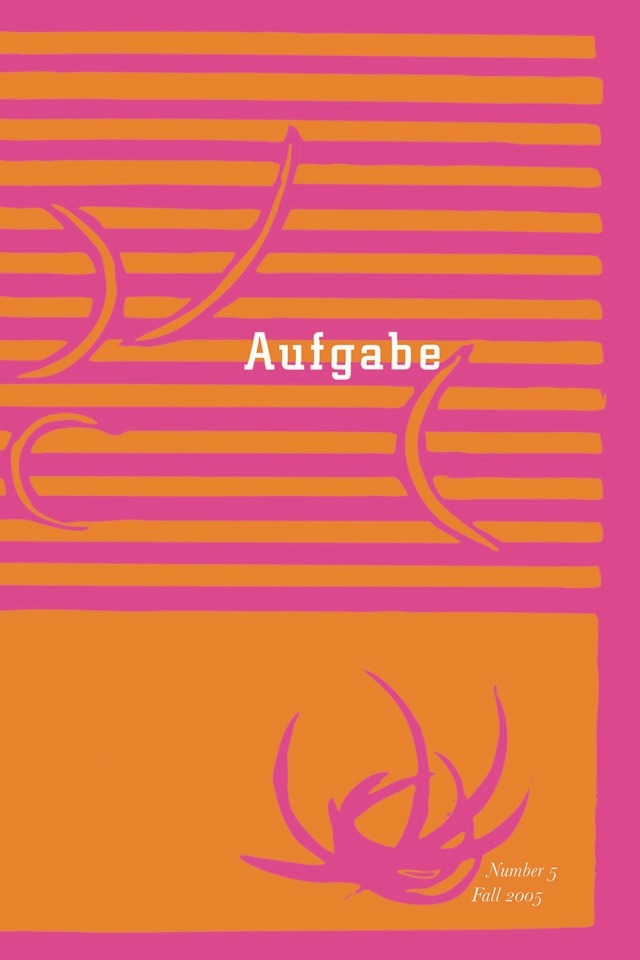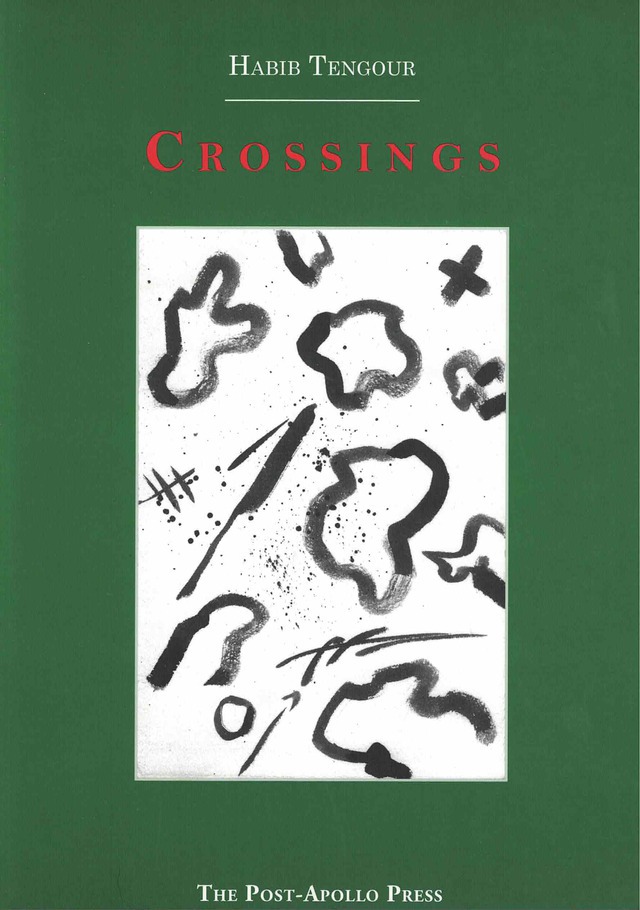Abu Musa’s Women Neighbors is an unforgettable novel. Abu Musa is a Sufi saint whose Maqam can still be found in Salé, a suburb of Rabat, Morocco. Ahmed Toufiq has recreated the circumstances of his life, with love and care for the history and culture he depicts. Just as the silent protagonist steps out of the story in the last paragraph only to live on in the physical site of his burial as in the spiritual life of the city, Toufiq’s moving text is animated by the echo of lives and events that endure in memory, narrated as if from the perspective of another world. Sidi Musa’s sanctuary stands today overlooking the ocean, a site of healing in the midst of a poor urban sprawl; the retelling of this 14th Century tale spills out into the present and summons us.
Roger Allen
Ahmed Toufiq
Praise for Abu Musa's Women Neighbors
In fourteenth-century Morocco, Shamah works as a servant in the house of Chief Judge Ibn al-Hafid. She is a favorite of the judge’s senior wife, Al-Tahirah, who takes the beautiful young woman under her wing. Thus, Shamah becomes quite accomplished in many things, such as household management, literary and legal matters, and politesse. Those skills, along with her physical beauty, garner her a surprise marriage proposal from Supreme Judge Abu Salim al Jawra’i. The wedding is arranged posthaste, and before she knows what hit her, the former servant girl is herself ordering servants around in a fine home, surrounded by beautiful things. Conditions of her life change rapidly, and before very long, Shamah, widowed by al-Jawra-i, falls in love with the handsome Andalusian mosaic craftsman ‘Ali Sancho. They are married and move into the city’s Oil Hostelry, where Shamah feels an inexplicable bond with their neighbor, the reclusive mystic Abu Musa. It is there that corruptive power, insatiable greed, and religion clash with mysticism in Toufiq’s fascinating novel.
— Donna Chavez, Booklist
Ahmed Toufiq’s first literary work (followed by three more, in Arabic), Abu Musa’s Women Neighbors reinvents the genre of hagiographic and mystical tales in the contemporary form of an Arabic novel. At the threshold of history and fiction (the author is also a historian), it pushes the limits of both, towards an artistic creation which is at once a vivid restitution of life, and a journey into the intricacies of the human soul, the passions and abuses of power and government, the enigma of destiny. As we follow the vicissitudes of Shamah, her unfolding life and fate within the fate of the Moroccan city of Salé, its people and rulers, its fortunes and ruin, its losses, we encounter the inspiration, the tones, and the style of traditional storytelling, a poetic, religious and historical tradition that eludes assimilation into Euro-American terms. Yet, unlike other contemporary reinvestments of vernacular and mystical themes in Maghribi literature, this text is not addressed to a European or a nostalgic gaze. Ahmed Toufiq writes for his fellow citizens, his “neighbors.” And yet his way of telling the story, and his exploration of the turns of history and the meanders of the human soul, make this work accessible and involving for an international public. Thanks to this artful translation, American readers have now access to this passionate tale, a beautiful invitation to Arabic literature and Islamic culture.
— Stefania Pandolfo, University of California, Berkeley





I started writing novels lately to bring to light certain aspects of our Islamic heritage… My book Abu Musa’s Women Neighbors, for instance, embraces the idea that heaven is nearer to those who feel their hearts broken by sin.
— Ahmed Toufiq, USC Center for Religion and Civic Culture